Bachelor of Computer Science
OVERVIEW
It the science that specializes in applying the knowledge from computer and math on all different knowledge disciplines besides the ability to identify problems and issues and know their requirements and build suitable algorithms for them using computers to develop the appropriate solution by designing, implementing, evaluating and preserving the computer-based systems using programming languages to satisfy the required needs.
Studying the computer science specialization leads to rabid changes in the technological environment, courses learned by students in this field enable them to operate many programs in the uses of computer industry, and it provides general glance from many fields, like: computer science theories, computer network systems, software integration, computer system design, and some common subjects, like: physics, networking science, calculus, computer programming and data structures.
OBJECTIVES
- Provide students with the flexibility to work across many disciplines of computing.
- Prepare graduates for a variety of professions, attracting the full range of talent to the field of computer science.
- To prepare students to succeed in a rapidly changing field of computing.
- To promote students' commitment for lifelong learning.
OUTCOMES
- Define introductory and system concepts and theories in computer science, including programming, software processes, algorithms, abstraction, performance, security, concurrency, computer architecture, operating systems, networking and distributed systems.
- Describe technical understanding of computer science as defined by the Joint Task Force on Computing Curricula Association for Computing Machinery (ACM) and IEEE Computer Society.
- Define principles, concepts, theories in science, mathematics and physics.
- Apply knowledge of interplay between theory and practice and the essential links between them to solve real problems, not just write code and move bits.
- Develop and improve a system based on a quantitative and qualitative assessment of its functionality, usability and performance.
- Explain solution to others, including why and how a solution solves the problem and what assumptions were made.
- Demonstrate use of multiple programming languages, tools, paradigms, and technologies as well as the fundamental underlying principles in Final Year Project.
- Demonstrate the social, legal, ethical, and cultural issues inherent in the discipline of computing, and to practice and understand collective responsibility for life-long.
- Communicate effective presentations to a range of audiences about technical problems and their solutions.
- Demonstrate ability to communicate with, and learn from, experts from different domains throughout the career.
POTENTIAL JOBS
Graduates of the Computer Science Program will have a variety of career opportunities both in academic and industry, including, but not limited to, the following:
- Computer Programmer
- Software Engineer
- Web Developer
- Network Administrator
- Database Administrator
- Systems Analyst
- Security Analyst
- Teacher
- Researcher

